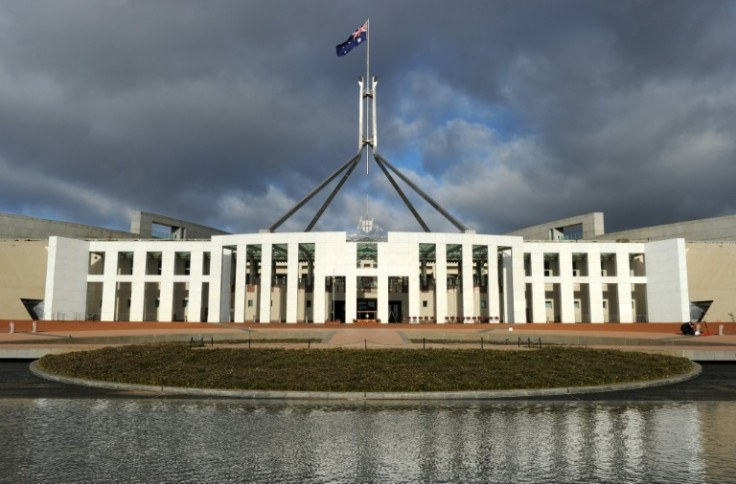Australia Blocks New Russian Embassy Near Parliament

Australian Prime Minister Anthony Albanese said Thursday the government would block the construction of a new Russian embassy near the country's parliament, citing threats to national security.
Russia currently holds the lease for a parcel of land near Parliament House in Australia's capital Canberra, where it had planned to locate a new embassy building.
Albanese said that after receiving advice from intelligence agencies, new laws would be introduced to block the development on national security grounds.
"The government has received very clear security advice as to the risk posed by a new Russian presence so close to Parliament House," he told reporters.
"We are acting quickly to ensure the lease site does not become a formal diplomatic presence."
The new laws, which have secured bipartisan support, do not stop Russia from having a diplomatic footprint in Australia -- only from building its embassy so close to the parliament.
Home Affairs Minister Clare O'Neil described the site as "directly adjacent" to the parliamentary buildings.
"The principal problem with the proposed second Russian embassy in Canberra is its location," she said.
"The government has received clear national security advice that this would be a threat to our national security and that is why the government is acting decisively today to bring this longstanding matter to a close."
Albanese said he expected some blowback from Russia's diplomats in Australia, who have previously threatened to fight the case through the courts.
"We will await what response occurs, but we have anticipated that as well," he said.
"We don't expect Russia is in a position to talk about international law, given their rejection of it so consistently and so brazenly with their invasion of Ukraine."
Russia's embassy has previously declared that it was committed to completing the construction, despite Australia's objections.
With relations between the two countries souring at the onset of Russia's invasion of Ukraine, the Australian government has been scrambling to have the agreement scrapped.
Russia acquired the lease to the site in 2008 through an agreement with the National Capital Authority, an agency of the federal government.
It was granted building approval to construct its new embassy in 2011.
The government has been forced to intervene after failing to have the lease cancelled through other legal avenues.
In August last year, the government announced it was terminating the lease because Russia had broken aspects of its building approval.
That argument was thrown out by the federal court last month, prompting the government's pivot to national security legislation.
"The bill is straightforward," O'Neil said.
"It identifies a specific piece of land in Canberra which currently has a lease agreement between the National Capital Authority and the Russian Federation -- and it terminates that agreement."
© Copyright AFP 2024. All rights reserved.







